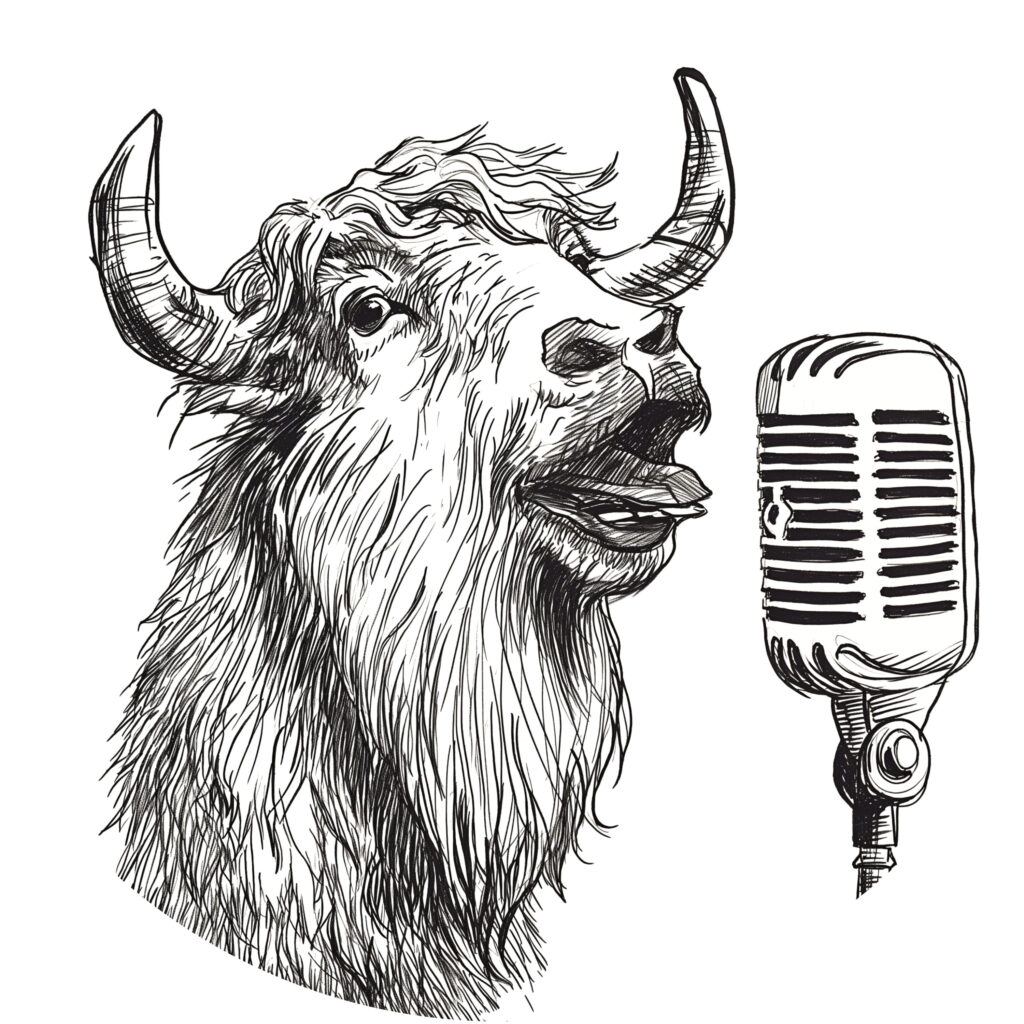The brain of a creator is a maze of ideas, distractions, and connections—a vibrant, chaotic force that can feel both exhilarating and overwhelming. For those of us living with ADHD, this creative energy is amplified. It’s a paradox: a source of inspiration, while a challenge to manage.
Last week, I had the great privilege of joining Ozeal Debastos on his podcast, Creator Factor, to explore what it means to be a creator with ADHD. The conversation was a candid look at how we navigate the chaos, embrace our quirks, and still manage to produce work that we’re proud of.
Ozeal is an incredible host—thoughtful, curious, and deeply empathetic. From the moment we started, I felt like we were old friends diving into a topic that mattered to both of us. Over the course of the episode, we discussed everything from the emotional storms of ADHD to the practical tools and habits that help us thrive as creators. If you’re a creator with ADHD—or someone trying to understand the creative process better—I hope this conversation offers insights and inspiration.
For creators, emotional storms can derail the day. But, understanding this pattern is the first step to managing it. As Ozeal and I discussed, ADHD requires a level of self-awareness and mindfulness that allows us to pause, reflect, and reset. It’s not always easy, but it’s essential for navigating the highs and lows of creative work.
Toward the end of the episode, Ozeal asked what every creator should learn to master. My answer: failure. For creators with ADHD, failure can feel personal. We forget things, miss deadlines, or lose momentum, and it’s easy to spiral into self-loathing. But failure isn’t a verdict; it’s a data point. It’s feedback that helps us learn, grow, and move forward.
Reframing failure as part of the creative process is transformative. It allows us to let go of shame and focus on progress. As creators, our work will never be perfect, but it doesn’t have to be. What matters is that we keep showing up, experimenting, and shipping work we’re proud of.
If you’re a creator with ADHD, I want you to know this: your brain isn’t broken. It’s a unique, powerful tool that requires care, attention, and the right systems to thrive. Whether you’re managing emotional storms, simplifying your workflow, or learning to redefine failure, remember that your journey is your own. And with the right approach, you can create work that matters—not in spite of your ADHD, but because of it.
To hear the full conversation, check out my episode on Creator Factor. I’m grateful to Ozeal for creating a space where creators can talk openly about these challenges—and for reminding me why I love being part of this community. Together, we can embrace our ADHD, own our stories, and build something unapologetically ours.
